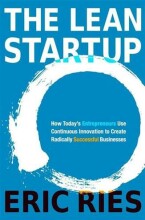History - The Seventeenth Century
16 important questions on History - The Seventeenth Century
When does the civil war starts?
Which events led to the Civil War?
Between what parties was the Civil War fought?
- Higher grades + faster learning
- Never study anything twice
- 100% sure, 100% understanding
What happened after the Civil War?
Which party won the Civil War?
What period is Britain known as the Commonwealth?
Which conflict led to the civil war in 1642?
What was the Glorious Revolution?
Who was Oliver Cromwell?
Why is The Glorious Revolution an important event in English history?
Who fought the Battle of the Boyne?
Who is installed as monarch after Lord Protector Oliver Cromwell?
What is the Glorious Revolution?
What disasters hit Britain in 1665 and 1666
In 1666: the Great fire of London, which destroyed most of the cities wooden buildings (but also the bubonic plague).
Important dates in the 17th century (1600-1700)
- 1642 = The Civil War begins
- 1649 = Charles I is executed. For the first and only time Britain briefly becomes a republic and is called "The Commonwealth"
- 1660 = The Restoration of the monarchy
- 1666 = The Great Fire of London
- 1688 = The Glorious Revolution
What king was executed in 1649?
The question on the page originate from the summary of the following study material:
- A unique study and practice tool
- Never study anything twice again
- Get the grades you hope for
- 100% sure, 100% understanding






























